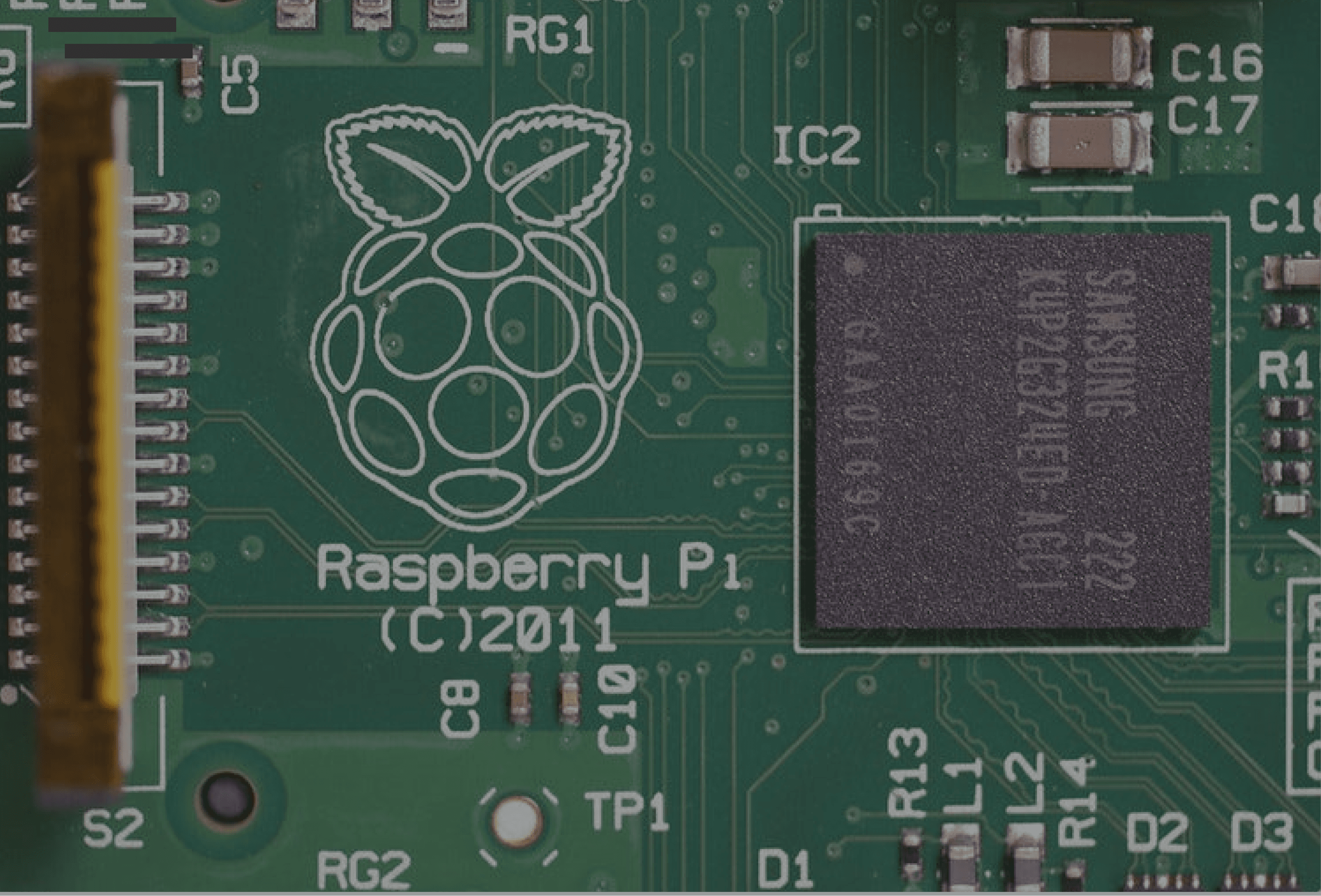
Explore the fundamentals of computer engineering, connecting various sensors, and interfacing with the physical world to create smart systems. Learn Python to automate tasks and control the Raspberry Pi.
Delivery
On-Campus
Age
13 to 18
What You'll Learn
Learn the architecture, components, and setup of Raspberry Pi, and how it can be used in various real-world applications.
Understand Python fundamentals and how to apply them to control hardware devices, sensors, and automation.
Explore how to connect and control different types of sensors, actuators, and devices through the Raspberry Pi's GPIO (General Purpose Input/Output) pins.
Design and develop smart systems that collect and analyze data, and control devices remotely using Raspberry Pi and Python.
Learn to automate home systems, integrating sensors and coding triggers to control devices and monitor environments.
Understand how to collect sensor data and use Python libraries to analyze and visualize the results.
Final Project
For your final project, you will design and build a Smart Home Hub using a Raspberry Pi and Python. Your Smart Home Hub will control and monitor household devices and collect environmental data through sensors.
Target Audience
This course is designed for learners interested in computer engineering, coding, and hardware integration. No prior experience is required, though having a curiosity for technology and automation will enhance your learning.
Requirements
The Raspberry Pi hardware is provided by Circuit Stream, but we will teach how to set it up in a headless mode. A laptop running Windows, macOS or Linux is required for this course.

